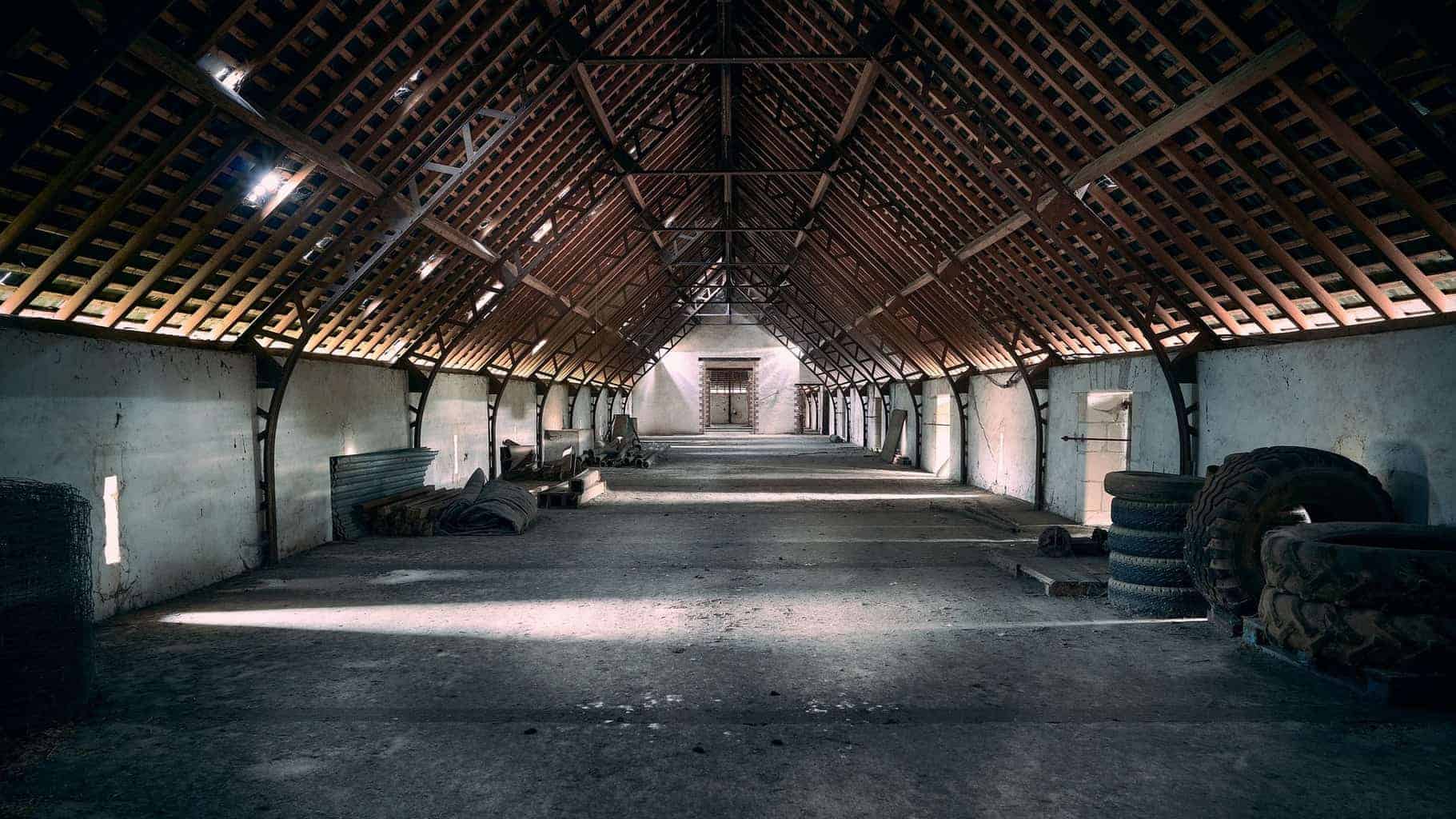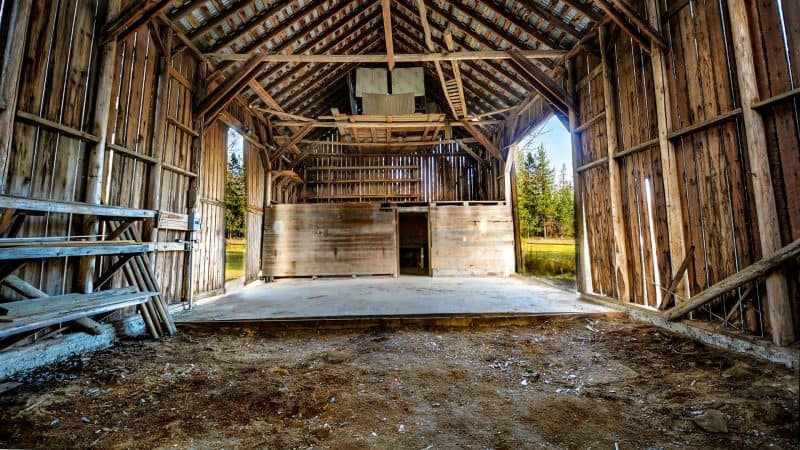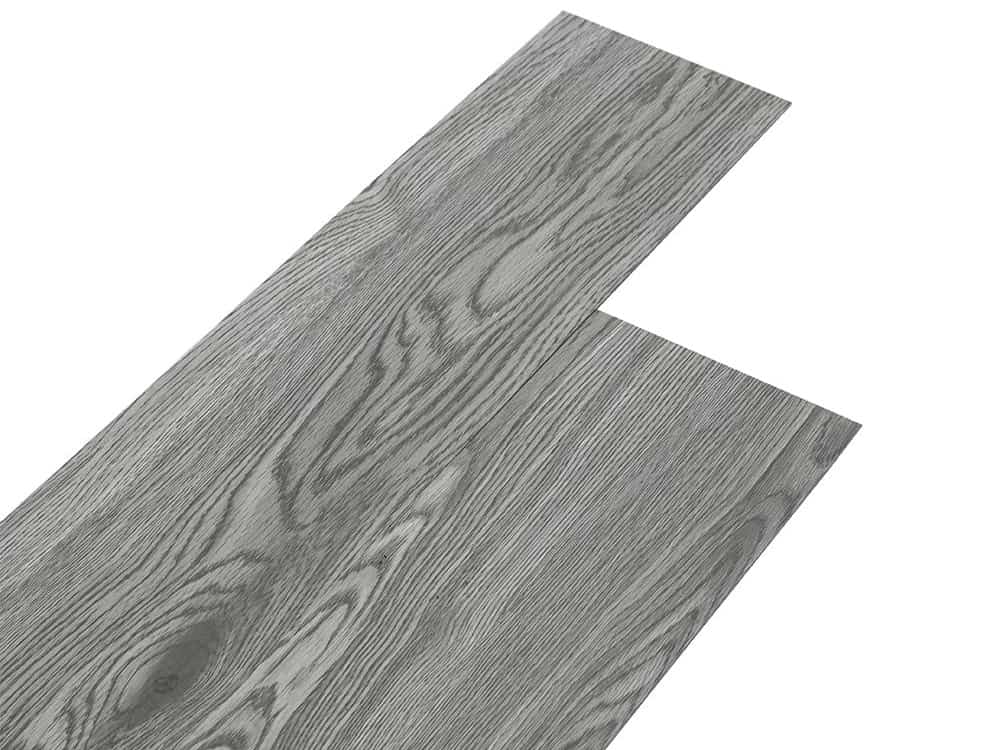Flooring for warehouses has to cope with many different demands – from heavy traffic to impact absorption, extremes of temperature to easy cleaning and safety – depending on the type of industry it is serving.
For example, heavy industrial warehouses can have very different needs to food processing factories and different again from vehicle manufacturing hubs and freezer and chiller applications.
In addition, as with all flooring in the commercial sector, warehouse floors are under pressure to be cost-efficient and long-lasting.
With modern flooring materials, several types of flooring have emerged as being particularly suitable for warehouses and other forms of storage facilities.
Concrete Floors
Despite being one of the most traditional and basic types of warehouse flooring, concrete is still very popular and with good reason.
If maintained properly, it has a life-expectancy which exceeds that of many other flooring materials and is also one of the most durable materials available, with a proven record for strength in a huge range of industrial applications. Furthermore, it is cost-effective and versatile in its use.
Note, however, that because it is porous, concrete is prone to staining and can also be susceptible to pitting.
Therefore, it is advisable to have it covered with a protective paint or sealant which will protect it from oils and chemicals plus reduce the damage from wear and tear. This not only reduces floor deterioration but also reduces the need for and cost of repairs.
Epoxy Floors
Epoxy floors are greatly used in a wide range of applications, particularly as they offer functionality and high performance for the industrial and commercial sectors.
Designs include self-levelling, durable polymeric systems that are user-friendly and environmentally-compliant.
Most are composed of a solvent-free epoxy base coat topped with a polyurethane layer that is designed to give different properties. For example, a chemical-resistant aliphatic polyurethane top coat gives resistance to UV-rays while a flat stippled finish epoxy topcoat helps to provide low light reflectivity, due to its dissipative quality.
Similarly, a textured epoxy topcoat helps to hide imperfections and also gives a non-slip surface that is nevertheless easy to clean and maintain.
Alternatively, a semi-flexible epoxy coating can provide extremely high impact resistance and protection from chips and cracks. This is especially important for automotive loading bays and drum storage areas, as well as mechanical equipment rooms.
Furthermore, these flooring materials are designed for harsh environments and tough conditions, offering maximum durability and performance, even in extremes of temperature (e.g. freezers, cold storage lockers and food processing areas).
Synthetic Anti-Slip Flooring
A popular choice nowadays is a tough polypropylene plastic in tile form, which clicks together to form a seamless floor surface. The varying surface texture provides an anti-slip grip which is essential in industrial safety.
The design of the floor means that it can support heavy weights yet still retain a certain “spring”. This means that the flooring is extremely durable but at the same time, comfortable to stand and walk on.
It is the ideal flooring for warehouses as it protects the substrate surface but still allows the floor to breathe underneath – something which is very important in the storage of goods.
This can be especially useful if the floor surface is uneven or damaged, for example, by impregnation from vehicle oils. The flooring also protects stock from dampness and moisture on the floor and is also resistant to extremes in temperature.
In addition, it is chemical-resistant (stain-free) which makes it ideal for warehouse situations where chemicals, diesels and oils are often leaked or spilled. It is also UV-stable as well as sound-absorbent, helping to reduce echoes and noise pollution.
Furthermore, this type of flooring requires almost no maintenance and is incredibly easy to clean – a dry or wet vacuum will usually do the trick with an occasional pressure washer used if necessary.
If a deep clean is really required, the flooring can even be easily lifted up. Its easy instalment and removal means that portions can be easily replaced when repairs are needed. It also means that it can be quickly laid, with minimal disruption to business and its layout and configuration can be changed to suit changing needs (e.g. different rack layouts).
It can even be laid over uneven surfaces as it is flexible and can adapt to the contours of the substrate – thus, it can be used over a range of substrates including wood, concrete, ceramic tiles and even grass!



